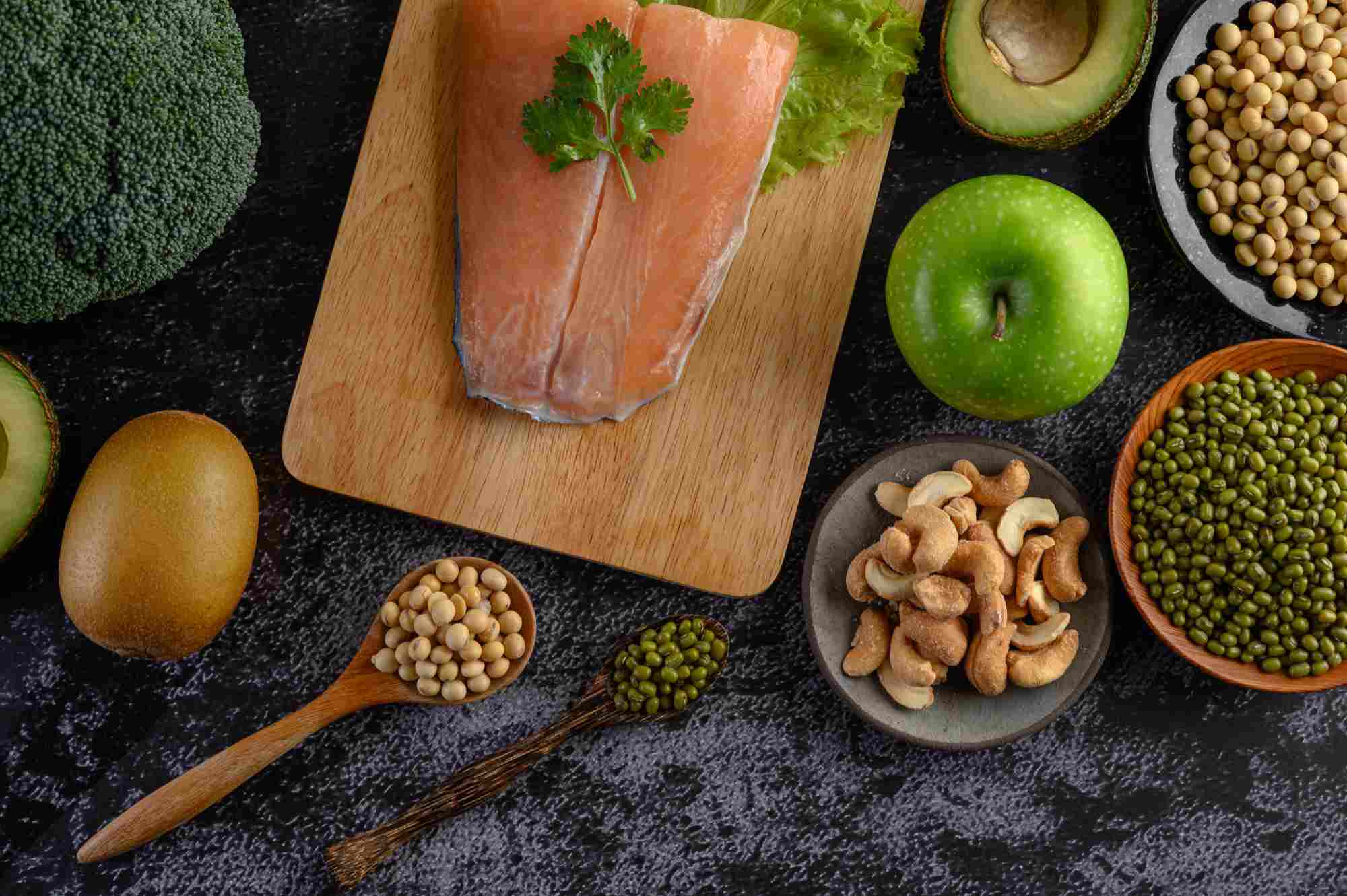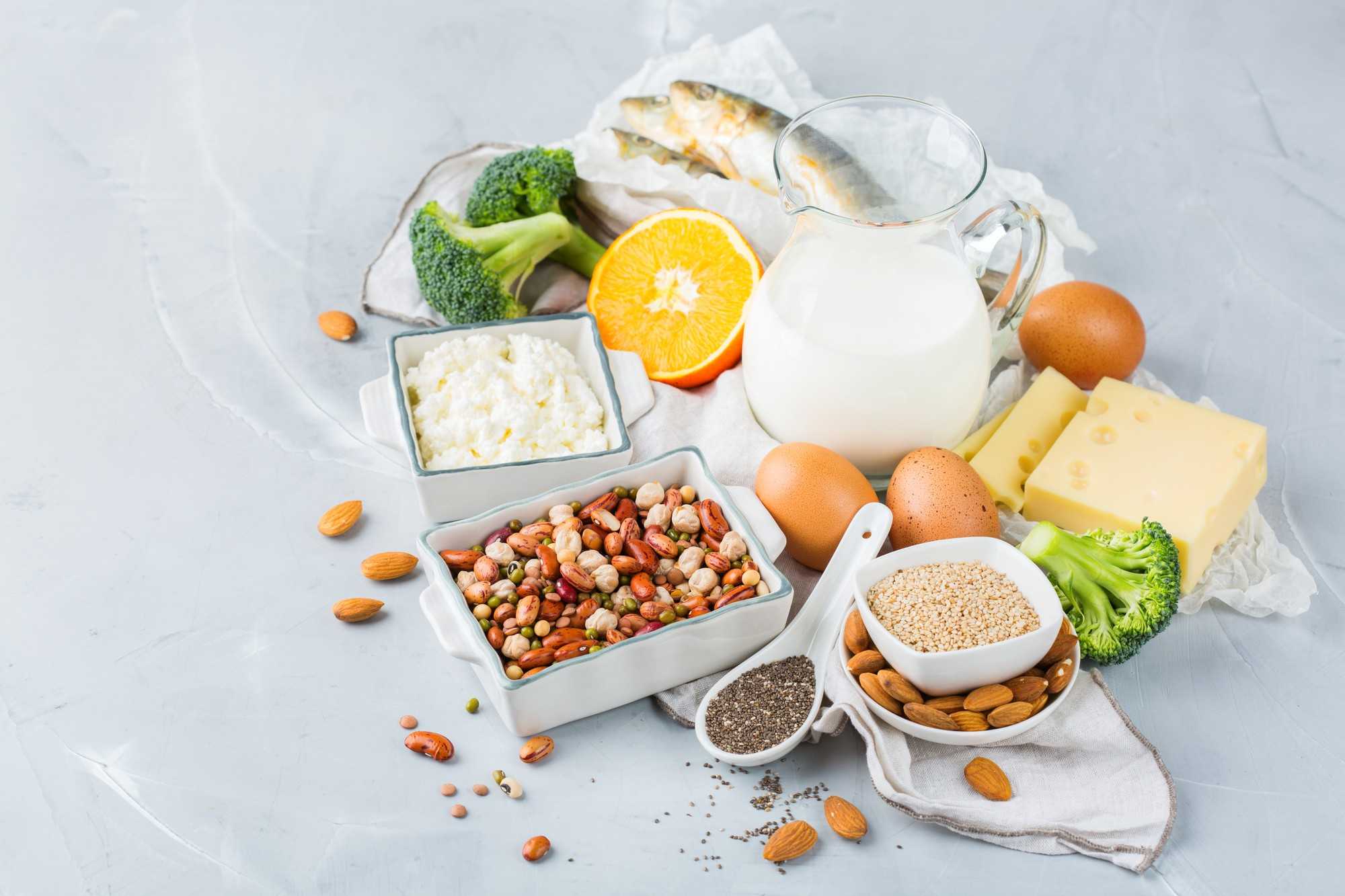
Core objective:
Reduce the metabolic burden and maintain nitrogen balance
For patients with chronic kidney disease
Protein control: 0.6-0.8g per kilogram of body weight per day. Give priority to proteins with high biological value (such as eggs and milk), and reduce the intake of non-essential amino acids.
Phosphorus and potassium limitation: Avoid processed foods (containing phosphate additives), bananas, and potatoes. Choose low-phosphorus dairy products (such as skim milk).
For patients with hepatic encephalopathy
Low-protein diet: 0.5g per kilogram of body weight per day during the acute phase, and gradually increase it to 1.0g per kilogram during the remission phase, mainly based on plant proteins (such as tofu and quinoa).
Branched-chain amino acid supplementation: Such as leucine and isoleucine, to improve the imbalance of nitrogen metabolism.
General principles
The meal portioning system (5-6 meals per day) reduces the single protein load.
Supplement vitamin B6, B12 (animal livers) and folic acid (green leafy vegetables) to support the activity of protein metabolism enzymes.




